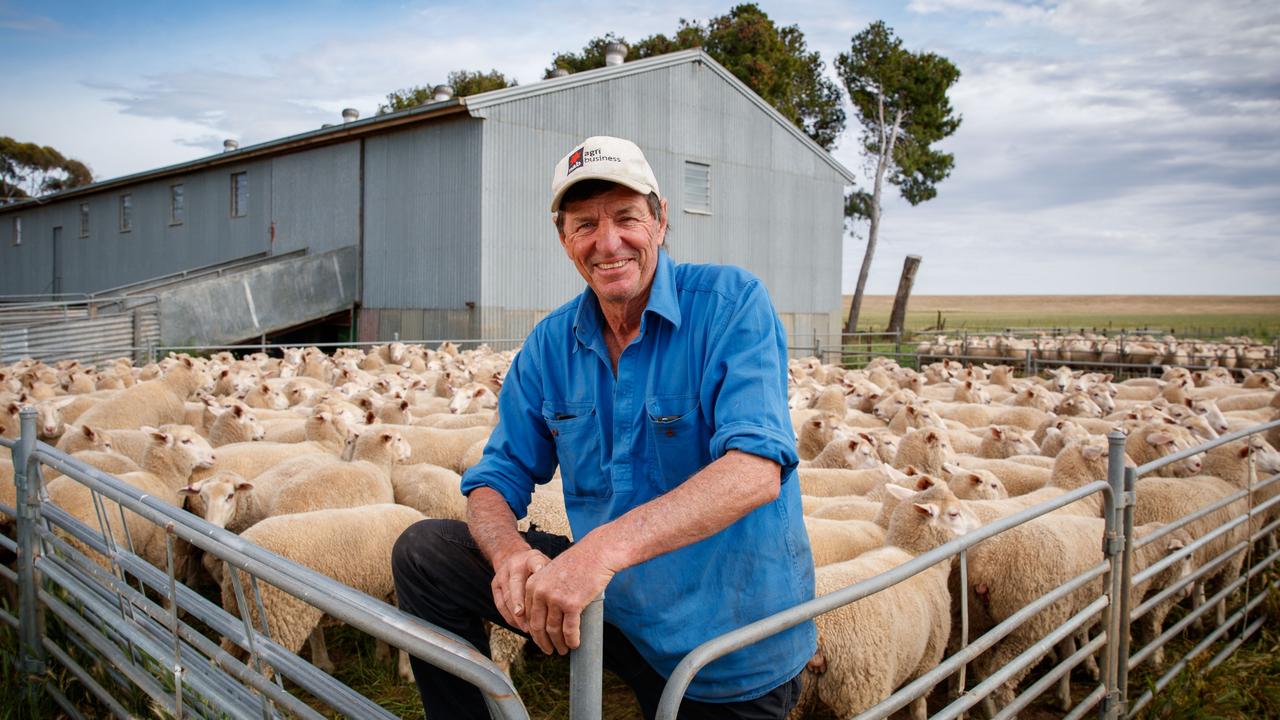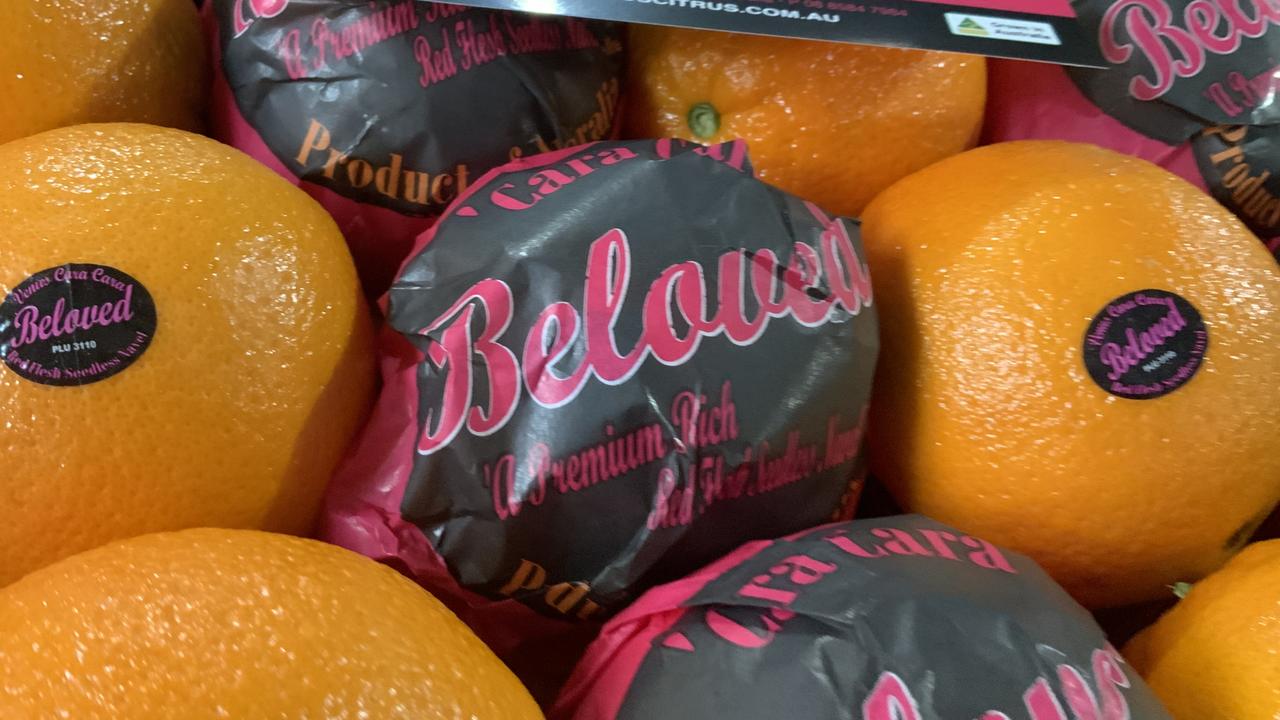Feedback the way forward for sheep farming award-winner
Industry feedback is a good way to know you are still mixing it with the best.
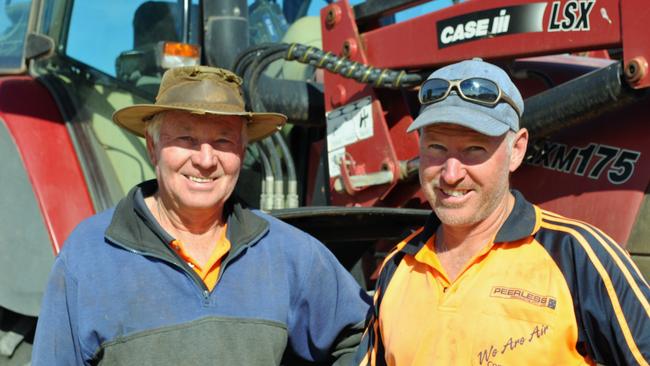
MERINO breeder Keith Rees is on a roll. After a 25-year absence, the mixed farmer from Beckom in southern NSW made a triumphant return to the 2019 West Wyalong Maiden Merino Ewe Flock competition, blitzing the opposition.
Keith, who was runner-up on several occasions all those years ago, says his long absence was due to farm commitments.
Trophy and accolades aside, he said the competition’s main benefit for him was feedback from the judges and the opportunity to benchmark with fellow breeders.
“There were six contestants. As part of the competition we had our ewes DNA-tested for fleece weight, fibre diameter, curvature (of wool) length of staple, body weight, eye muscle fat and other traits.
GROUND RULES OF DAIRYING SUCCESS
“Twenty of my flock ewes were tested to give me a flock profile in keeping with Australian Sheep Breeding Values,” Keith said.
Keith runs the 1800ha Sydenham Park in partnership with his wife Paula and 41-year-old son Michael, producing prime lambs in tandem with grain and oil crops.
Together father and son have 70-plus years of farming experience.
The family has a long farming history with Keith the third-generation farmer in the district, which was first settled by his grandfather who moved from near Nhill in Victoria to Beckom 110 years ago.
Now halfway through lambing, Keith and Michael are expecting a lambing rate of only 93 per cent with a low percentage of multiple births on account of the drought.
The ewes scanned showed the overall number of ewes with twins and triplets was down on previous seasons.
FEED FOR THOUGHT
THE property is self-sufficient in feed and water, the latter dependent on groundwater run-off to dams, some of which are almost dry.
Towing the feed cart around the paddocks is a daily chore and will continue until the drought breaks.
Keith has used the Pooginook bloodline from the famed Merino stud at Jerilderie for 30 years and, happy with the results, buys a couple of Pooginook rams annually.
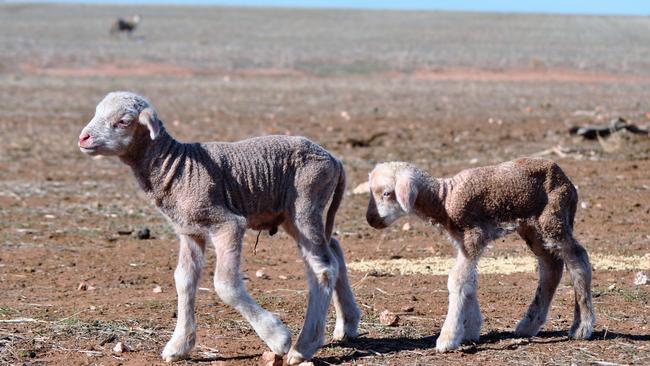
The Rees run 1200 sheep, comprising a self-replacing flock of 550 Merino ewes joined to Merino rams, 200 Merino ewes joined to Border Leicester rams and 450 first-cross Merino ewes joined to Poll Dorset rams.
“We keep the first-cross ewes and turn off 500 prime lambs annually sold through the Griffith saleyards. I drop them off as suckers and then feedlot them to sell as lambs and then sell older lambs before they cut their teeth,” Keith said.
“This year I sent a truckload of lambs to Tamworth, which was offering a good price over the hooks.”
Wether lambs are also sold at Griffith with the Rees family topping the Merino wether sale last month.
The wool clip — 19.5 micron — is a significant part of the farm business.
Shearing takes place at the end of February with contractors on site. Keith and Michael have wool classer certificates, but bring in a wool classer.
Keith said that freed them to keep the sheep up to the shearers and to act as rouseabouts, helped by their four-legged assistants, Kelpies Missy, Coco and Cindy.
“Wool prices have been very good for five years,” Keith said. “This year there was a lot of dusty and tender wool. We sell through Moses and Sons Temora who send the wool to Sydney and from there to the export market. I think most of it goes to China.”
FORWARD THINKER
THIS year, for the first time, Keith had fleeces weighed and micron-tested through Moses. The sheep were then weighed after they were shorn to create a multi-purpose index.
“This enables us to identify and maintain the best breeders, instead of selling them at age six or seven when they are still breeding well,” Keith said.
A total of 1100 ha is sown to crops grown in rotation. Keith and Michael do the sowing and harvesting on their own, selling the grain privately and engaging contract carriers.
The cropping plant comprises a 9390 Case 425hp tractor, a Flexicoll 52 foot airseeder, an XMX175 Case tractor, a boom spray and a New Holland CR960 header.
They grow wheat and barley for grain for average yields of 3 tonnes/ha, canola for oil in non-drought years and grazing barley for the sheep.
The dry conditions have brought large mobs of kangaroos looking for feed on to the farm.
“I seem to be growing the barley for the roos,” Keith joked.
This season they planted dry on a wing and a prayer, having received a paltry 3mm of rain earlier this month, which delivered upwards of 30mm elsewhere in the district.
Although looking for rain now, Keith is quick to count his blessings.
“Since 2010 we’ve had seven good years,” he said.
GROW FOR IT
KEITH has progressively expanded the family holding by purchasing adjoining land, including his father’s and grandfather’s farms.
Reflecting on the changing face of primary production and economies of scale needed for farming viability, he said it was amazing that the much smaller farm of earlier days supported three or four families.
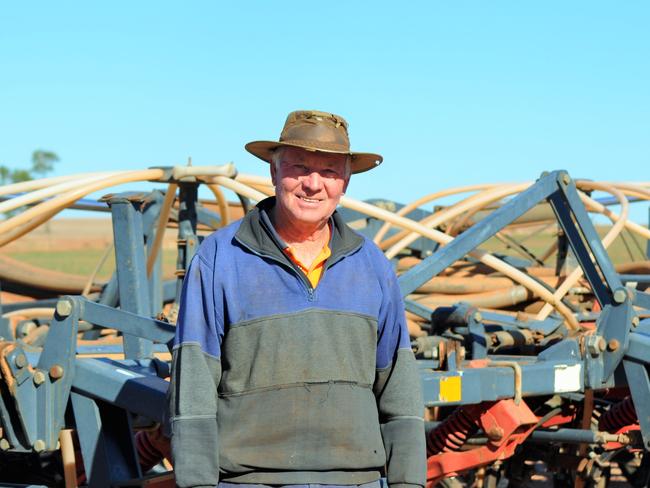
Their houses are no longer standing — apart from a one-room corrugated iron shelter built in the early 20th century, home to a former farm hand Don Macpherson, the future husband of Keith’s Aunt Topsy. It stood the test of time until recently when the chimney collapsed in high winds.
Today Sydenham Park is a living area for two families and only just, Keith said.
“Expansion has stopped with land too dear to buy,” he said.
“Land values have doubled in the last five years when they normally double in 10 years.
“Our future plan is to maintain what we are doing. There is a succession plan in place and we have bought land in Michael’s name.”
Michael and his wife Helen have four children, three boys and a girl, which bodes well for the likely continuation of the family’s farming legacy, with a possible fifth generation farmer in the wings.
For the record, Keith confirmed he would be back to defend his title in next year’s maiden Merino ewe flock competition.

